
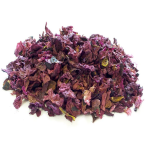
Αρτεμισία η Αψιθιά (Wormwood)
3,30 € – 5,50 €Preisspanne: 3,30 € bis 5,50 €
- Πολύ ισχυρό plant teacher για πρακτικές Lucid Dreaming!
- Υποστηρίζει την πεπτική υγεία και βοηθά στην ανακούφιση από τη δυσπεψία
- Λειτουργεί ως φυσικό φάρμακο για την απώλεια της όρεξης
- Περιέχει αντιφλεγμονώδεις ιδιότητες που μπορούν να βοηθήσουν στην αρθρίτιδα
- Χρησιμοποιείται παραδοσιακά για τη θεραπεία πυρετού και λοιμώξεων
- Προωθεί την υγεία του ήπατος και βοηθά στην αποτοξίνωση
Wormwood (Artemisia absinthium) is an herb valued for its characteristic aroma, herbaceous flavor and purported health benefits. It has velvety white or greenish-silver stems, yellow-green leaves and bulbous flowers that are bright or pale yellow. All parts of the plant have been used in traditional medicinal practices for hundreds of years. The herb was made famous by its use in absinthe, a French liqueur that was a favorite of many 19th-century artists, including the Dutch painter Vincent Van Gogh.
Apparently, the special effects of wormwood are largely due to the plant substance thujone. Thujone has some therapeutic benefits, but can be toxic in excess amounts. This particular plant substance in wormwood appears to stimulate the human brain by blocking gamma aminobutyric acid (GABA), a neurotransmitter that has calming effects on the central nervous system.
Wormwood may pose the following positive benefits:
- Treatment of parasitic infections of the stomach
- Anti-oxidants.
- Anti-inflammatory properties.
Wormwood can be useful because of its bitterness (regulates the gastric time in digestion, as an emmenagogue, parasiticide, etc.). It can also be used to treat depression by bringing old wounds to the surface that need to be addressed. Making a tincture from the raw herb may be the best way to use the herb.
| Packaging |
50 g. ,100 g. |
|---|---|
| EFFECTS |
Smoking / Vaping Blends ,Aphrodisiac ,Improve Mood ,Creativity ,Dreamy ,Physical / Mental Relaxation |
TRADITIONAL & ANECDOTAL USE
Οι συνήθεις μέθοδοι λήψης είναι η ετοιμασία τσαγιού ή το κάπνισμα.
Κάπνισμα
Κάποιοι άνθρωποι καπνίζουν την αποξηραμένη αψιθιά για να προωθήσουν τις πρακτικές διαυγών ονείρων (lucid dreaming). Αναφέρουν ότι οι επιδράσεις για αυτόν το σκοπό είναι πραγματικά αξιοσημείωτες.
Υπενθύμιση: Το κάπνισμα και το άτμισμα είναι οι πιο ανθυγιεινές πρακτικές γνωριμίας με ένα βότανο. Σε βάθος χρόνου μπορούν να δημιουργήσουν σοβαρές βλάβες ή ακόμα και να αποβούν μοιραίες.
Decoction
Μισή – μια κουταλιά του γλυκού αποξηραμένης αψιθιάς σε βραστό νερό. Αφήνετε τα φύλλα εκεί για 10 λεπτά και έπειτα σουρώνετε.
Βάμμα
1.Τοποθετείτε μια ποσότητα βοτάνων σε ένα γυάλινο βάζο.
Μετράτε τη μάζα του βοτάνου με ζυγαριά ακριβείας.
2. Cover 50-75% of the volume of the jar with the raw herb.
3. For alcohol tinctures, vodka with an alcohol content of ~40% is usually used. Measure the volume of alcohol with a measuring cup. Cover the plant material completely with vodka.
4. Note the amount of plant material and the amount of alcohol you used. If for example you have used 100 gr. of plant material and 500 ml of alcohol, you create a 1:5 tincture. The smaller the ratio of raw herb to alcohol, the stronger the tincture.
5. Note the date the tincture was created. Close the jar. Shake daily or as often as you can. Leave the mixture in the jar for ~2 months in a dark place. The longer you leave it, the stronger the tincture.
6. After 2+ months, strain the mixture and keep the liquid. This is your tincture.
7.Χρησιμοποιείτε ~3 ml για αρχή. Κρίνετε τις επιδράσεις και αυξομειώνετε ανάλογα τη δοσολογία.
Keeping a journal of your contact with an herb is very good practice. This applies to contact with any herb if you intend to cultivate a healthy relationship with it. It's a good idea to note any improvements you notice or any side effects. It will help a lot to mention the time of taking, the amount you take and how you consume it. A precision scale is very useful for accurate calculations.
BLOG ARTICLES & EXTERNAL LINKS
ΠΑΡΕΝΕΡΓΕΙΕΣ - ΑΝΤΕΝΔΕΙΞΕΙΣ
Οι ευάλωτοι πληθυσμοί και τα άτομα με ορισμένες παθήσεις μπορεί να θέλουν να αποφύγουν την αψιθιά:
- Εγκυμοσύνη: Δεν πρέπει να πάρετε αψιθιά εάν είστε έγκυος, καθώς μπορεί να προκαλέσει αποβολή.
- Θηλασμός και πρώιμη παιδική ηλικία: Οι γυναίκες που θηλάζουν και τα παιδιά θα πρέπει να αποφεύγουν αυτό το βότανο λόγω έλλειψης πληροφοριών για την ασφάλεια.
- Επιληψία: H θουγιόνη διεγείρει τον εγκέφαλο και είναι γνωστό ότι προκαλεί επιληπτικές κρίσεις. Η αψιθιά μπορεί επίσης να μειώσει την αποτελεσματικότητα των κοινών αντισπασμωδικών φαρμάκων, όπως η γκαμπαπεντίνη και η πριμιδόνη.
- Καρδιακή ασθένεια: Η λήψη αυτού του βοτάνου με το φάρμακο βαρφαρίνη μπορεί να προκαλέσει εντερική αιμορραγία.
- Προβλήματα στα νεφρά: Η αψιθιά είναι τοξική για τα νεφρά και μπορεί να αυξήσει τον κίνδυνο νεφρικής ανεπάρκειας.
- Ορισμένες αλλεργίες: Εάν είστε αλλεργικοί σε μέλη της φυτικής οικογένειας Asteraceae, όπως αμβροσία και κατιφέδες, μάλλον θέλετε να αποφύγετε τη λήψη του φυτού.
Υψηλές δόσεις αψιθιάς μπορεί να οδηγήσουν σε πεπτικές διαταραχές, νεφρική ανεπάρκεια, ναυτία, έμετο και επιληπτικές κρίσεις. Ωστόσο, είναι απίθανο να εμφανίσετε αυτές τις παρενέργειες εάν το παίρνετε σε μικρές δόσεις, όπως αυτές που βρίσκονται στο τσάι.
Πολύ μεγάλες ποσότητες αυτού του βοτάνου και άλλων προϊόντων που περιέχουν θουγιόνη μπορεί να είναι θανατηφόρα, αν και η θανατηφόρα δόση του στους ανθρώπους δεν έχει τεκμηριωθεί.
Επιπλέον, μπορεί να προκαλέσει εγκαύματα εάν εφαρμοστεί απευθείας στο δέρμα σας. Εάν το χρησιμοποιείτε τοπικά, φροντίστε να το χρησιμοποιείτε μόνο ως αλοιφή ή λοσιόν.
Τέλος, δεν πρέπει να παίρνετε οποιαδήποτε μορφή αψιθιάς τακτικά για πάνω από 4 εβδομάδες.
DISCLAIMER
The fact that a product is natural does not automatically mean that it is harmless. If you have a health problem, are taking medication and/or are unsure how to use a product, WE ADVISE YOU TO CONSULT YOUR PHYSICIAN
None of our products are intended to prevent, diagnose or treat any condition. The information we provide you is NOT a substitute for medical advice and is PURELY INFORMATIONAL IN ALL CASES.
You must be logged in to post a review.

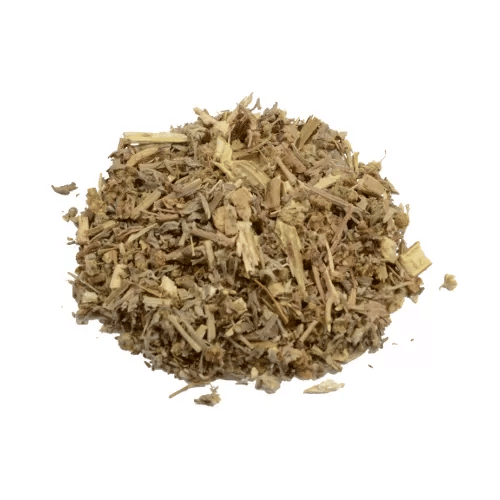
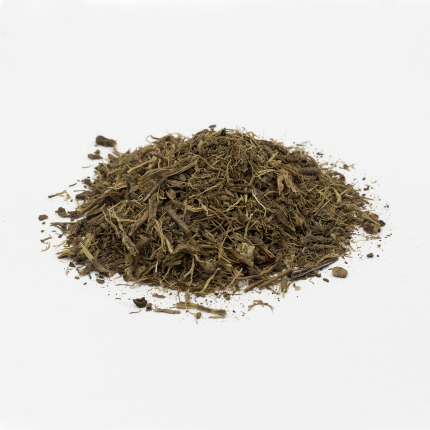
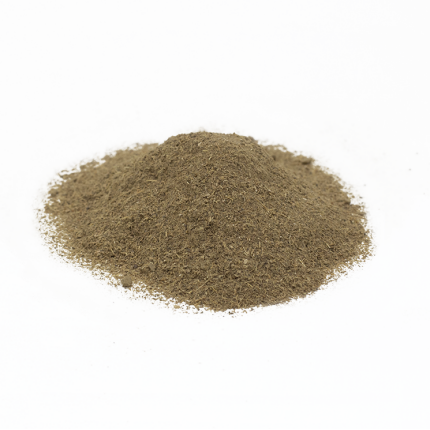
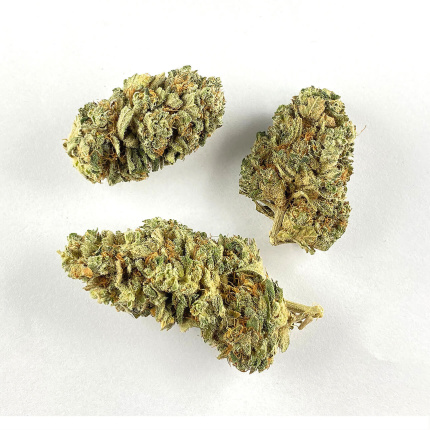
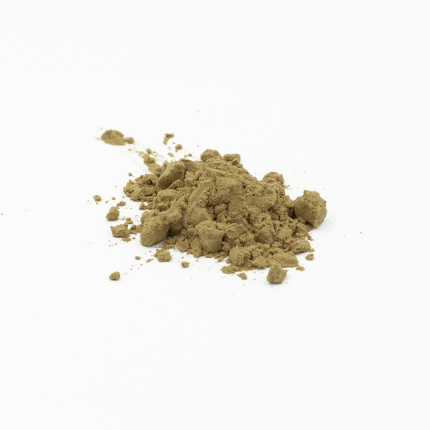
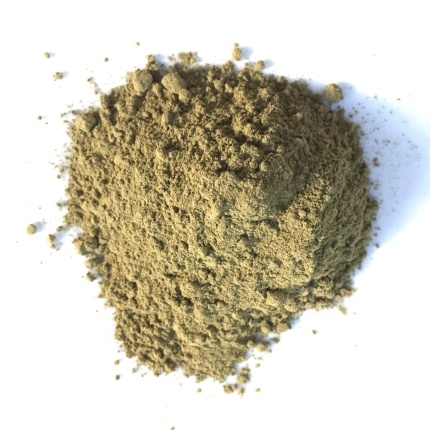
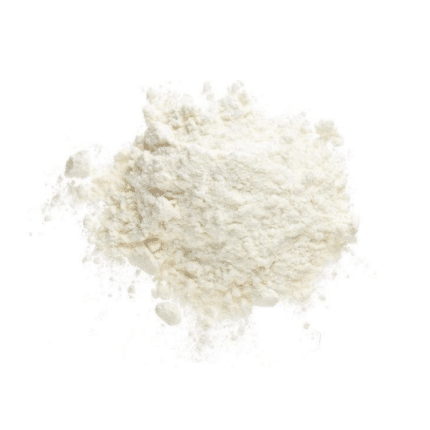
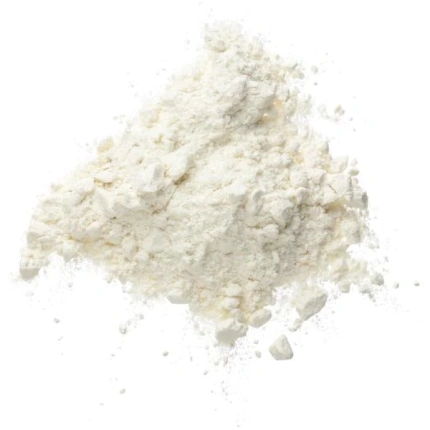

 Ethos Herbals Blends
Ethos Herbals Blends Cannabis
Cannabis SmartShop
SmartShop VapeShop
VapeShop Medicinal Herbs
Medicinal Herbs Cacao & Tea
Cacao & Tea Aromatherapy
Aromatherapy Ethos Lifestyle
Ethos Lifestyle
Reviews
There are no reviews yet.